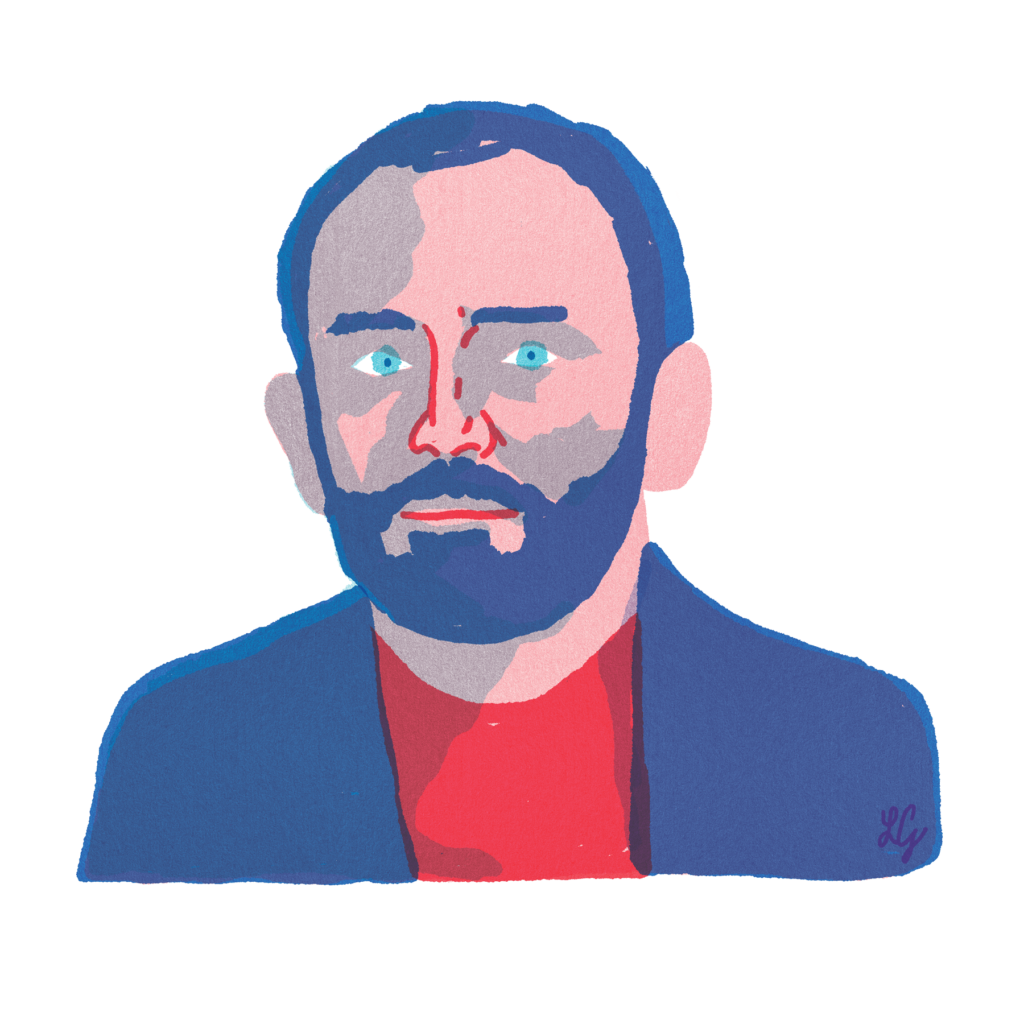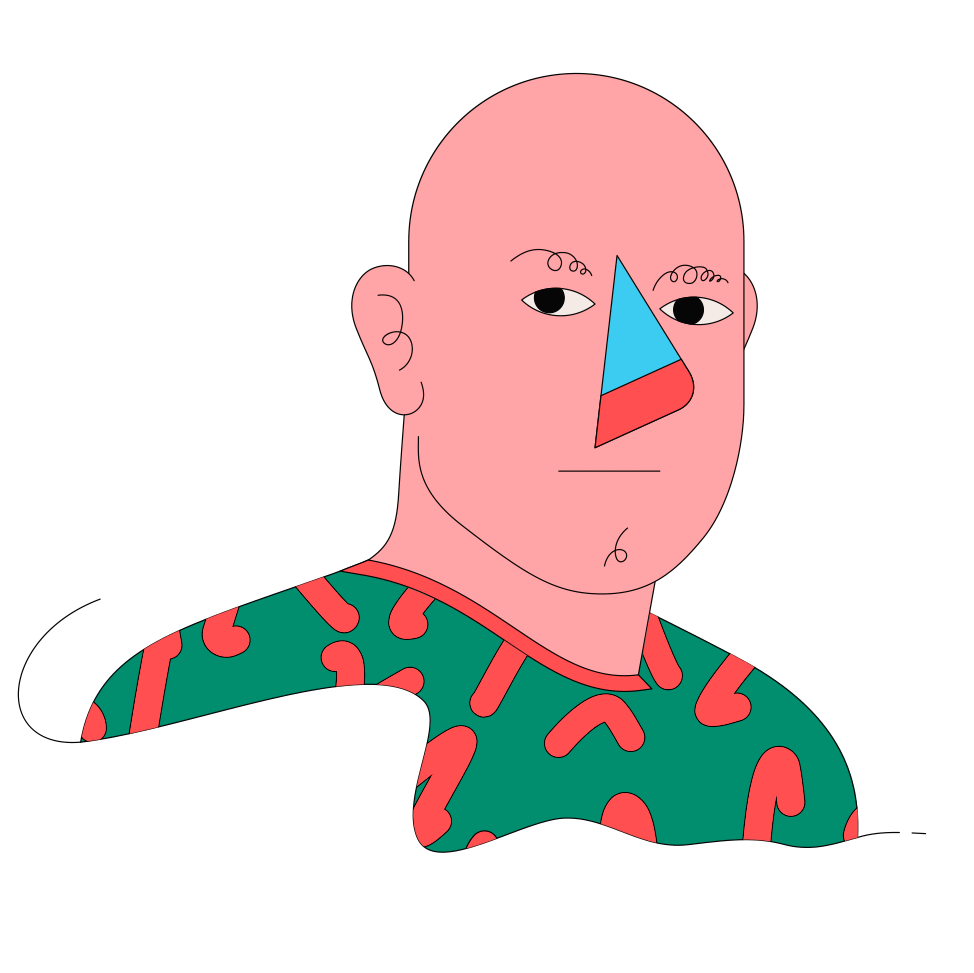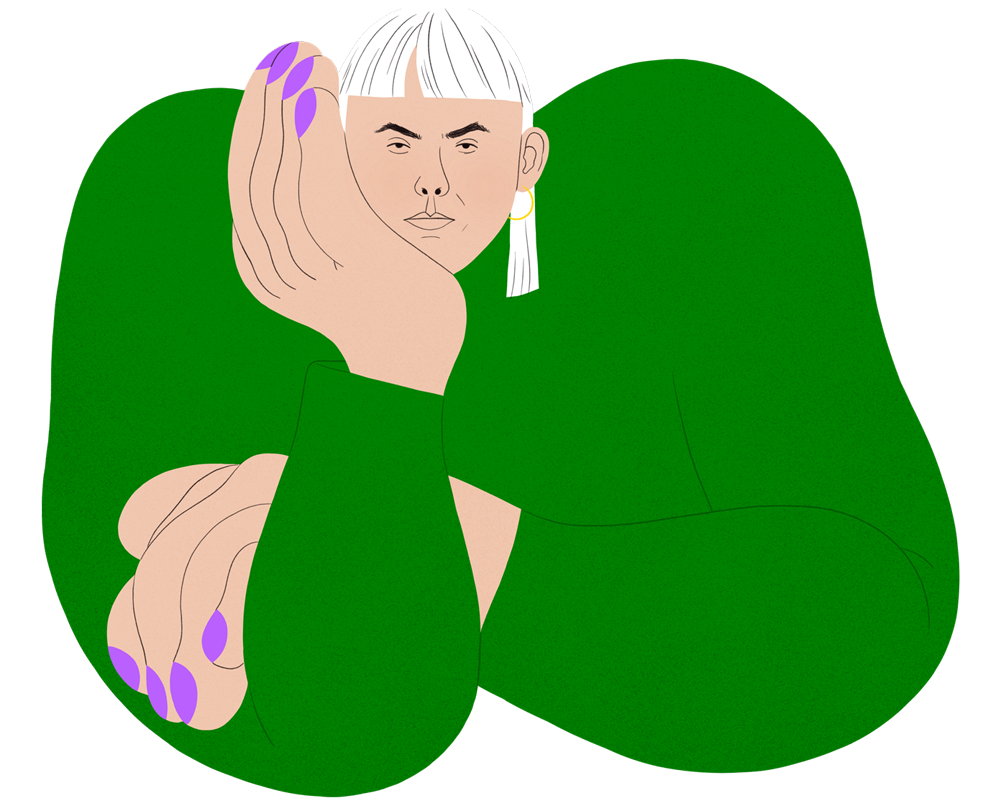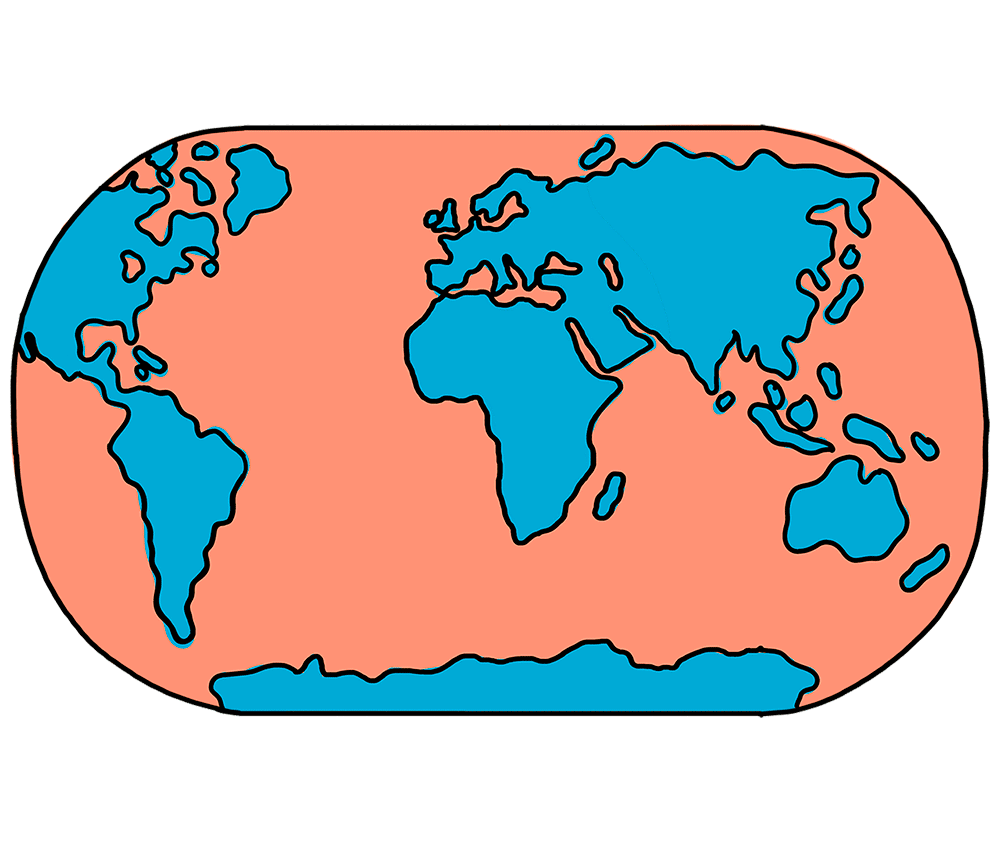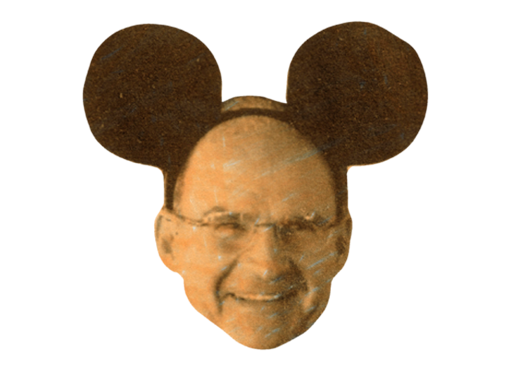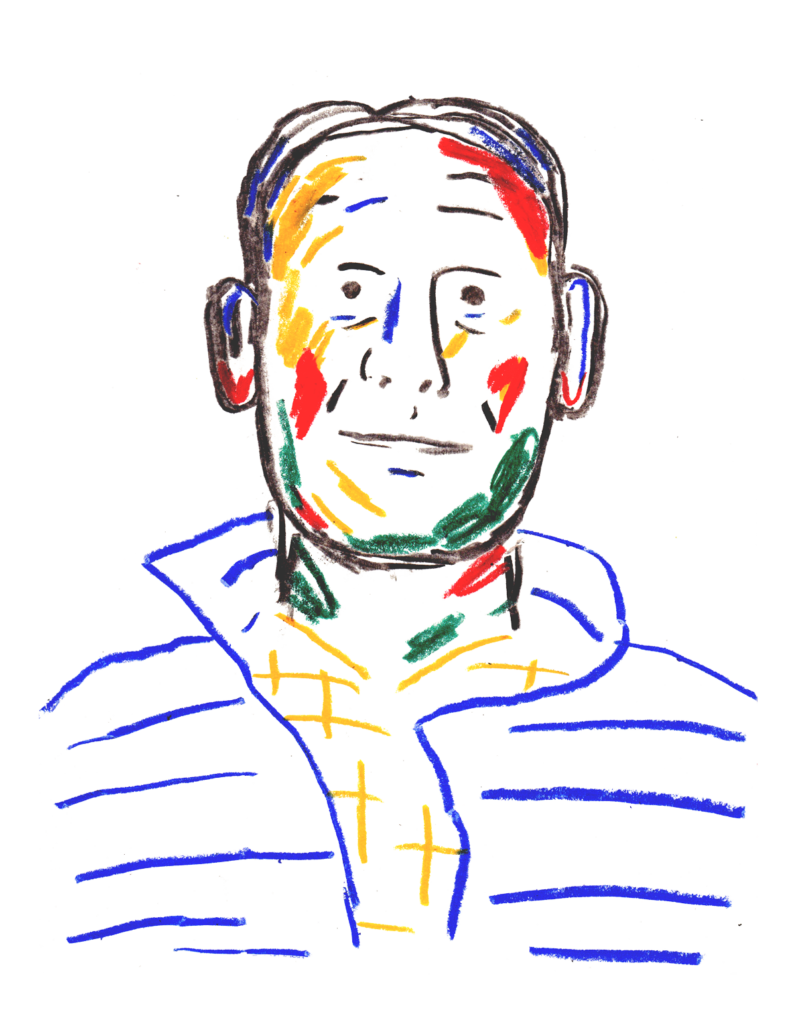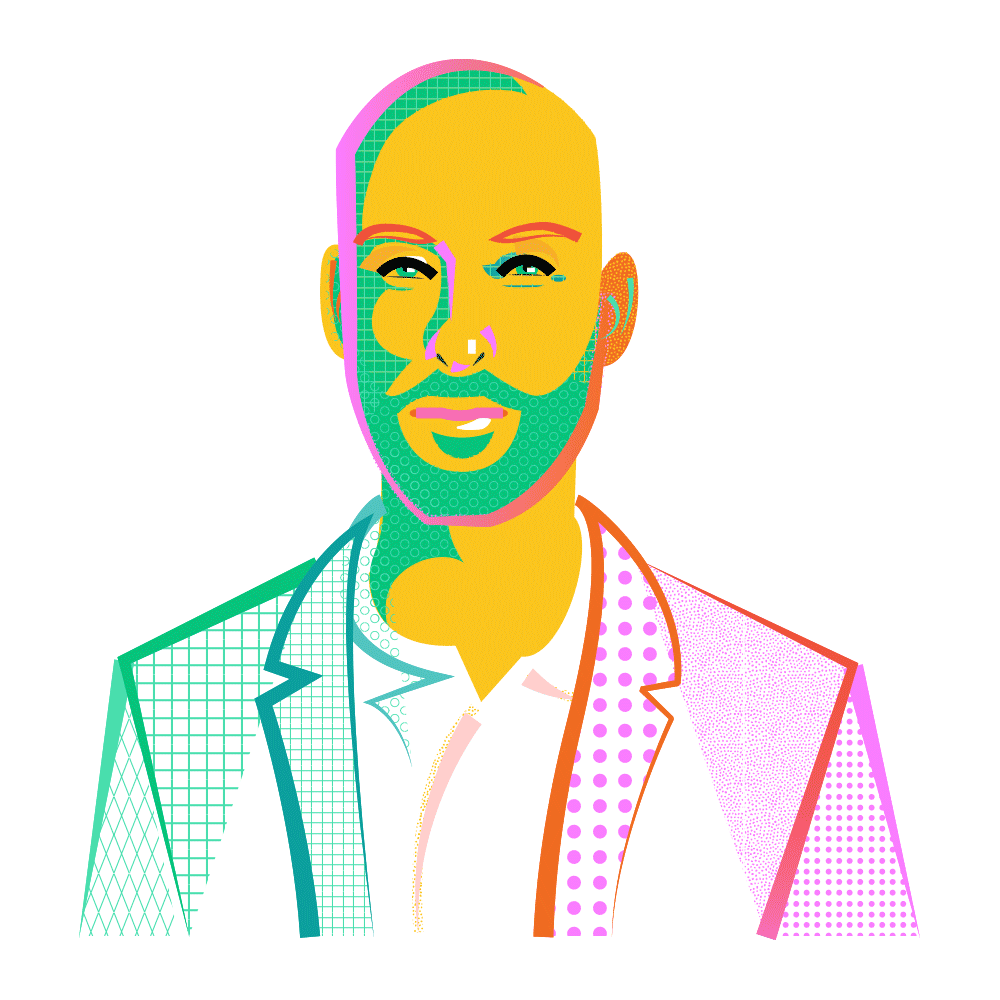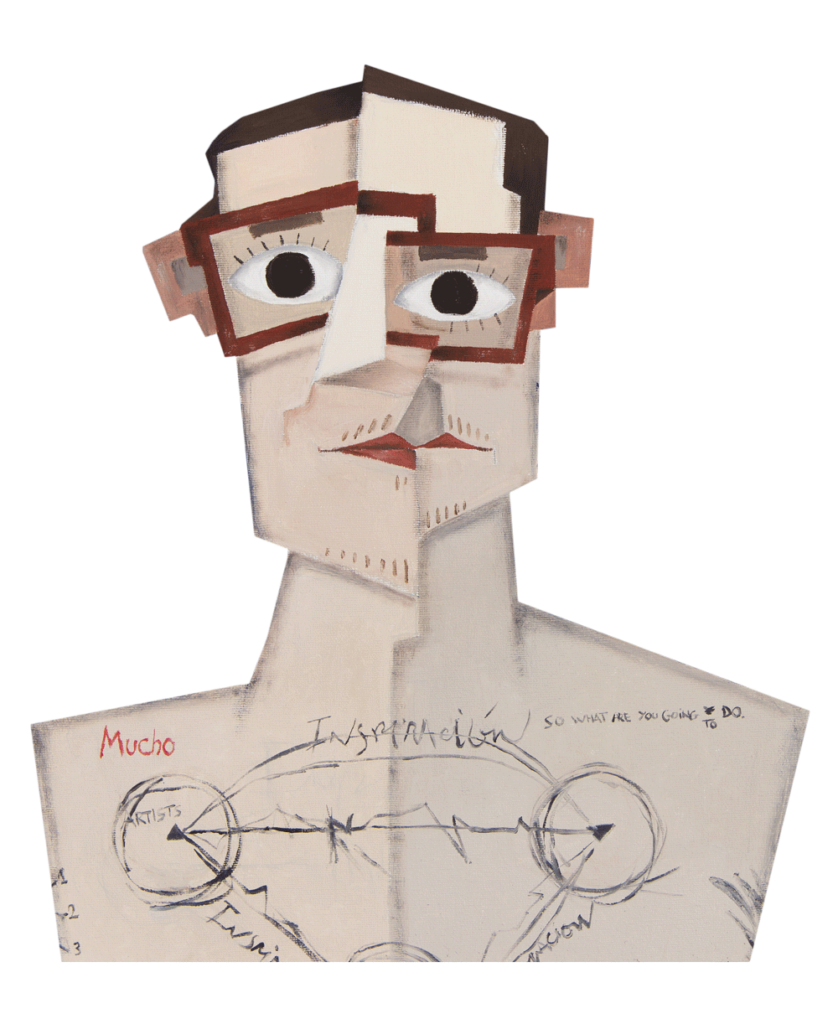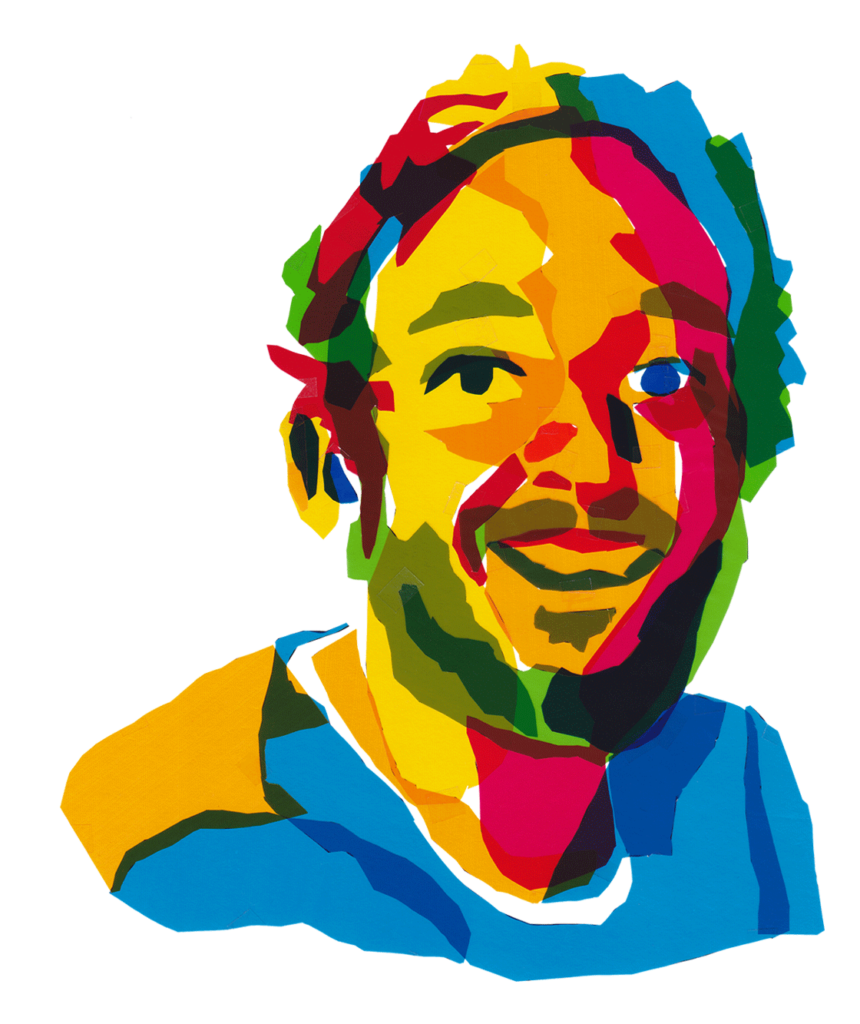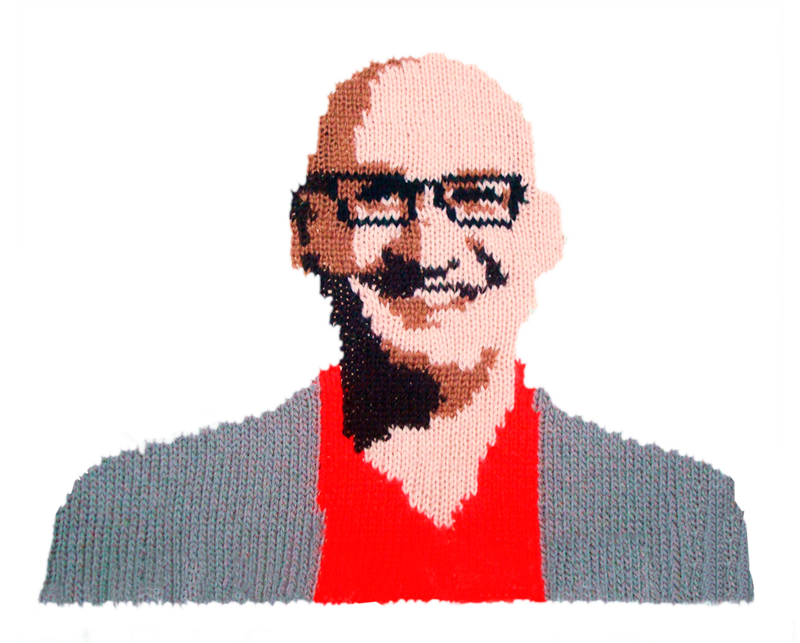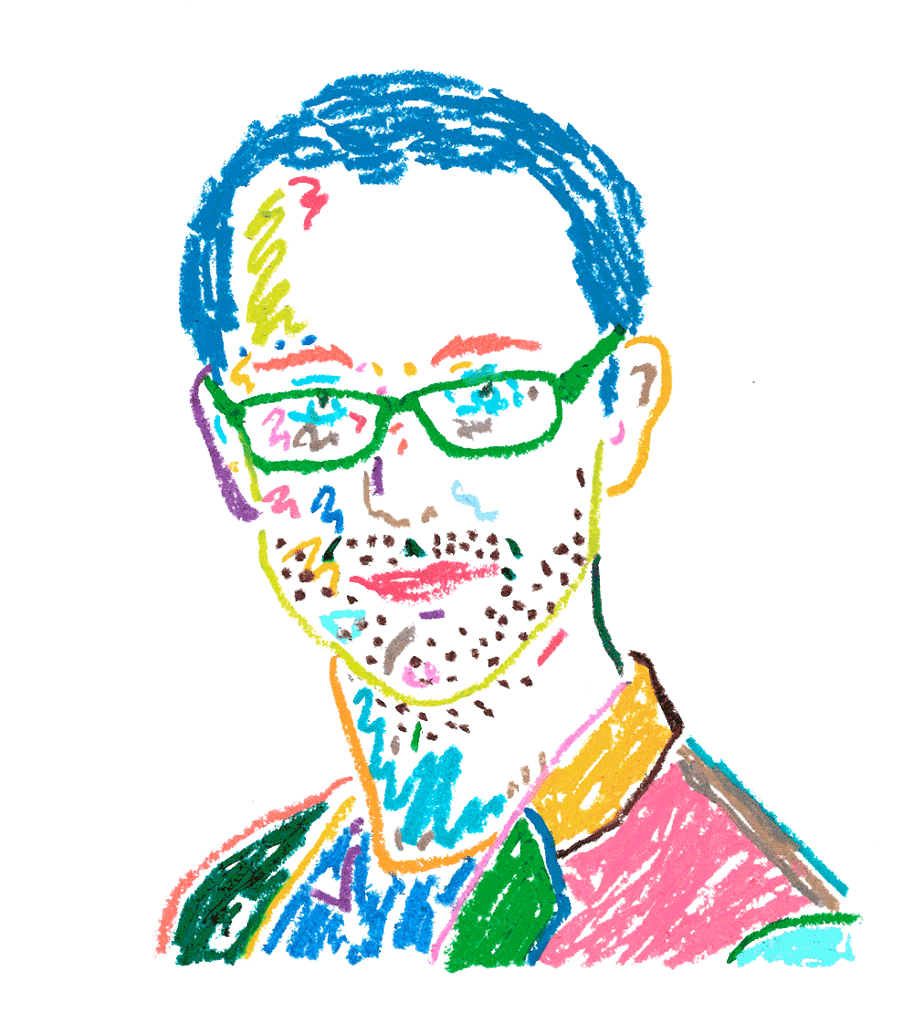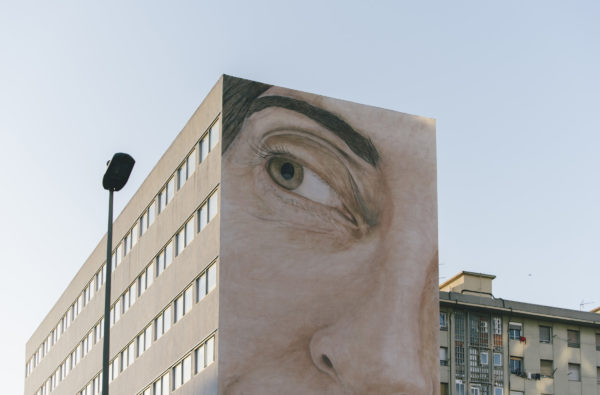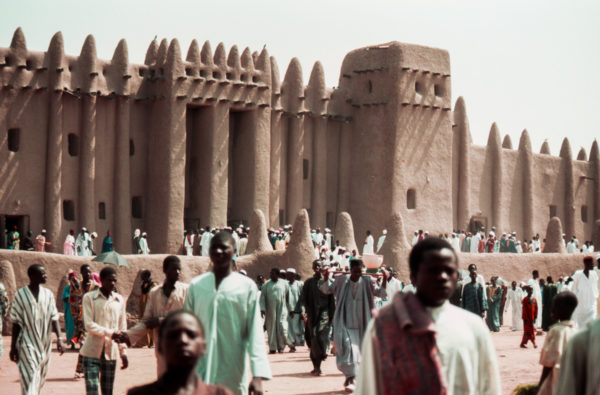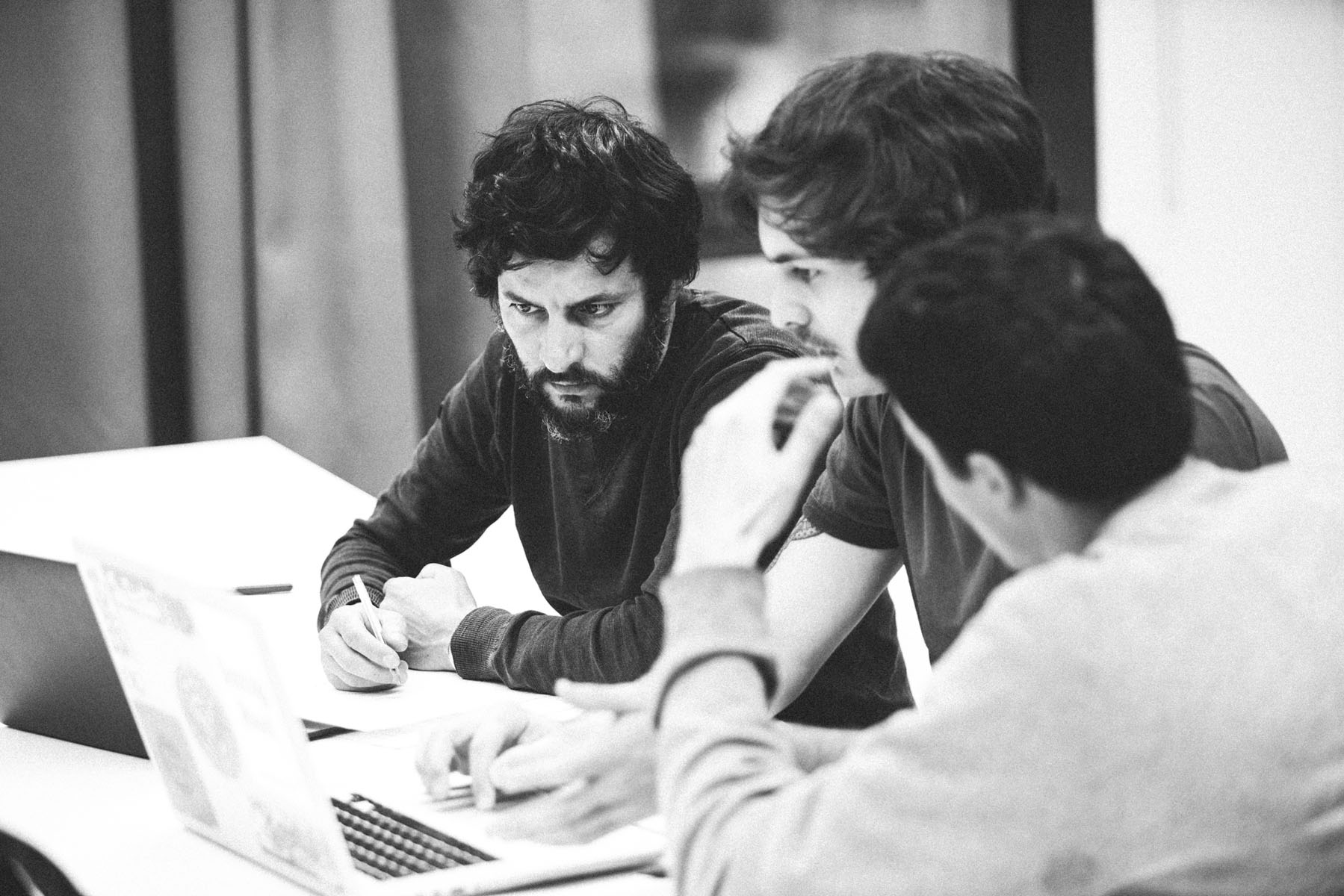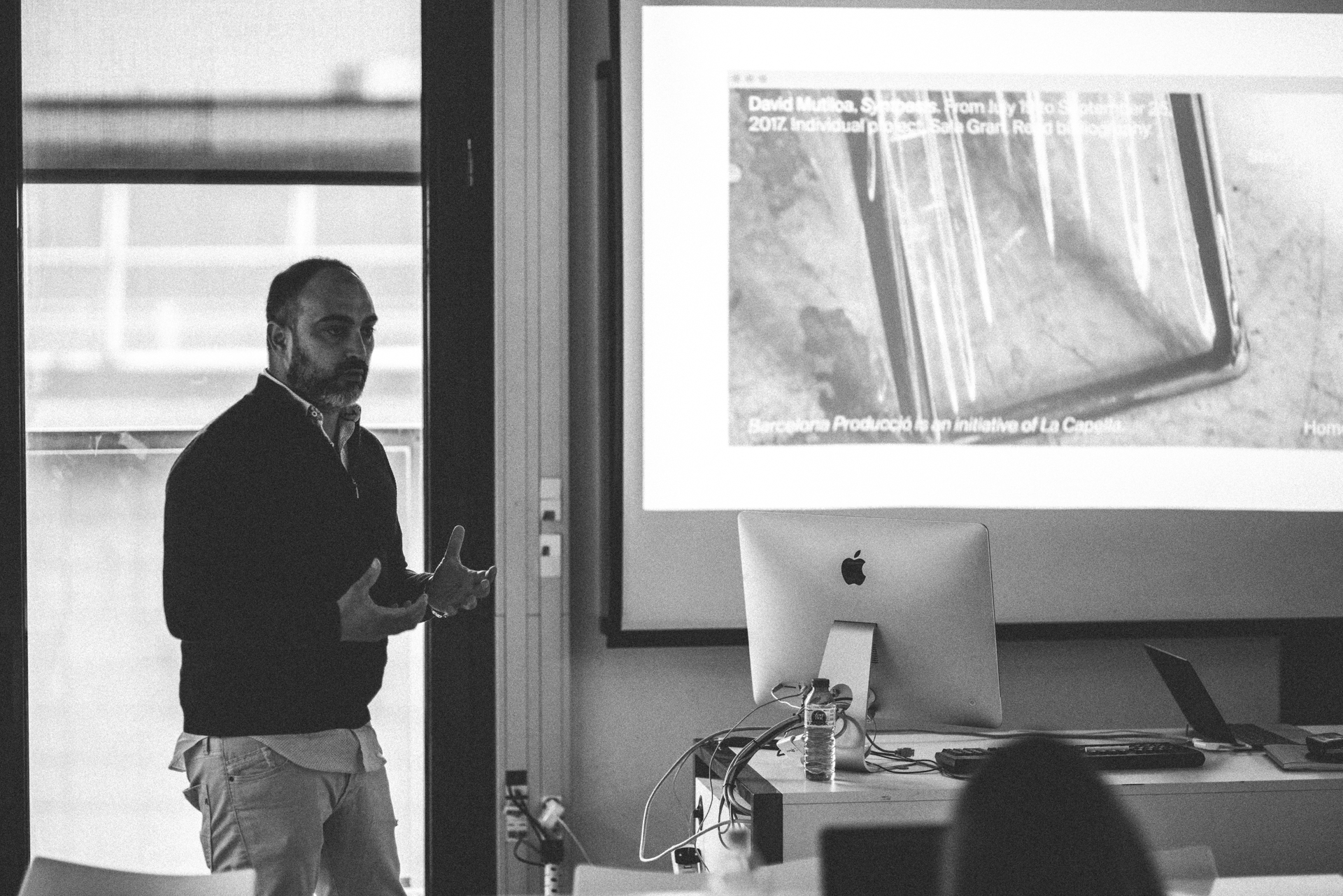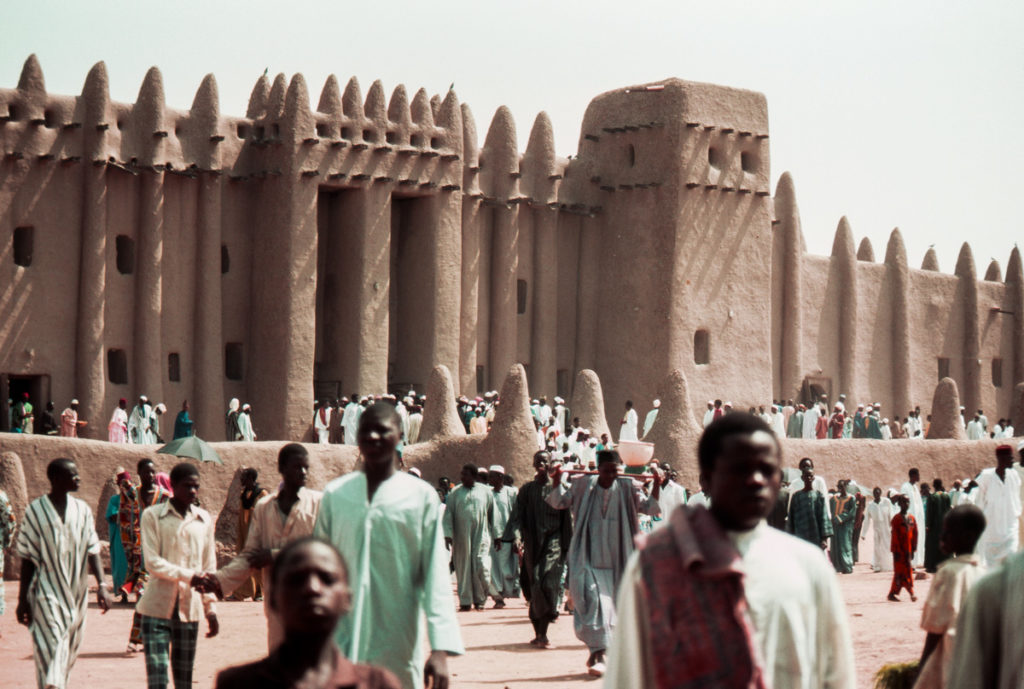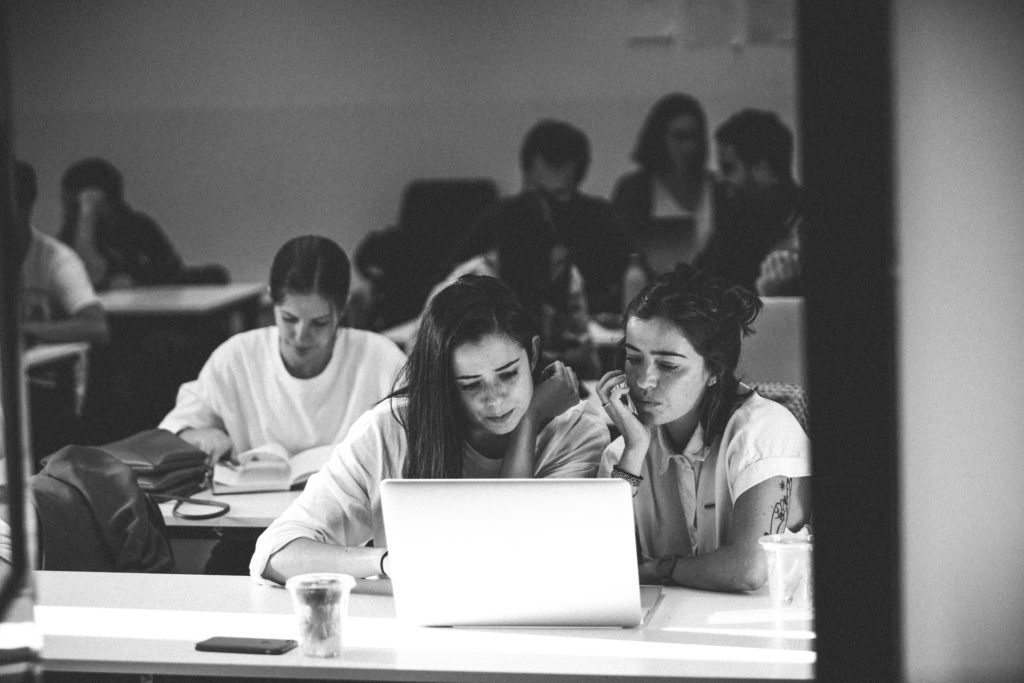Everything that happens in an amusement park like Disney World is designed to be efficient, predictable, calculable, and controlled. Visitors are given exactly what they expected and benefits are maximised. As mass tourism grows worldwide, these principles are applied to cities like Barcelona, Venice, and Amsterdam. Isn’t that a good thing? Not really. This process is what American sociologist George Rizter refers to as McDisneyization: the culture and true character of a destination are rationalised into an idealized, safe, and easy-to-consume vacation package. A conversation about post-tourism, the luxury of authenticity, and the future of our cities.
You said in 1992, that tourism was undergoing a dramatic transformation. What’s the status of the industry now, in your vision?
I think on the one hand, tourism has been highly McDonaldized in various ways. And on the other hand, tourist locations like Barcelona, or Venice, have become McDisneyized. They have become largely —or at least to some degree— rationalized simulations. They’ve been turned into sort of natural theme parks.
What can we do about this as citizens?
There isn’t much that you can do. The paradox is that you have to avoid the most popular tourist sites in the world, because they’ve been rationalized by the cities in which they exist. So you have to, on your own, hunt for those non-rationalized experiences. You can find them. But I compare it to the past, it used to be pretty easy to find a non-rationalized experience. For me, it’s harder and harder now to find something in Europe that is unfamiliar and non-rationalized.
And do you know any case of a city council or government that is really addressing the problem and doing it well?
I don’t know any examples, because I think both local and national governments want to maximize the income from tourism, and I don’t think they’re interested in authenticity. I think authenticity is just going to be harder and harder to come by.
But the paradox is that, if places in the world are becoming more and more alike, what’s the point of tourism? What’s the point of going to Paris and eating in McDonald’s for an American?
And don’t you think there’s a way to bring back quality tourism, if it ever existed?
One of the dimensions of McDonald’s is quantity not quality: the emphasis is not on the quality of the hamburgers. And I think the same applies to tourism. You have cruise ships docking in Venice, bringing thousands of passengers in at a time, and they’ve got 12 hours to see Venice. Get off the boat, see Venice, and get back onboard.
And if tourism is operated in that way, it is very difficult to have any kind of authentic experience. It’s really all about just a brief stop at the major tourist attractions, and then, off you go. And people who travel that way don’t want or don’t even know what an authentic experience would be. Those who run these kinds of things, like the cruise liners or the tourist centers in Venice, aren’t really interested in offering that.
Most of the time when I’ve traveled around the world and visited Europe, academics have taken me to see Barcelona, Venice, or Paris, and I get a much more authentic experience than the mass tourism that most people encounter. The problem is those profit-making organizations which want to maximize the experience and minimize the authenticity for people, because I think to really authentically experience a place requires time. Most often tourists don’t have that time.
If you work all year round and you can spend just a few days of holidays in Paris, of course you will go to see the Eiffel Tower. If everybody goes for a couple of days, then the Trocadero will be crowded all the time, and a theme park will start to build up around the crowd. Can this be avoided?
I used to write about what I call the escape routes from McDonaldization. Some people looked for and found ways of escaping rationalization. As soon as a large number of people do that, along come organizations, especially profit-making organizations, that McDonaldized those sites. So I’ve got a kind of pessimistic view about that.
It’s all about a work/life balance. Most people travel when they aren’t working. Do you think something would change if private companies and city councils could create spaces that would allow people to travel while working?
You could create spaces outside of Barcelona, outside of the main tourist attractions, but my perspective is as soon as you are able to attract large numbers of people, those who run and own these kinds of areas are going to McDonaldize them. The other problem is that most people want to see the world’s major sites: they want to see Gaudí in Barcelona, walk down the Ramblas, and things like that. Most people would not be interested in travel outside of rationalized cities.
Everything that is rationalised is produced in great mass and therefore costs much less to the final buyer. McDonaldized experiences are much cheaper than visiting “real” places. Off the beaten track tends to be more expensive than visiting inauthentic locales. Will authentic experiences —if any exist— become the new luxury?
I think the truth is that authenticity is going to be increasingly only available to wealthy people. They certainly still want it. But most of the people in the world are going to have to be satisfied with simulated experiences of one kind or another. So they’re going to go to Disney World to experience a submarine ride, rather than actually experiencing a real submarine ride themselves.
Besides all the latest talk about the identity of Catalonia, Barcelona has for years been seen as an outpost for Hispanicism. People would walk down the Ramblas wearing a Mexican sombrero or drinking at inappropriate times. This is an issue of ignorance that creates damage on a greater scale than perhaps expected: basically it generates hatred among locals. Why do you think this conflict has become such a growing concern?
My view is that people, particularly Americans, have been increasingly accustomed to McDonaldized experiences, and when they go elsewhere in the world, they want those experiences. It’s hard to sell American tourists experiences that are outside the main tourist sites and are not McDonaldized. So McDonaldization breeds a kind of person who wants more and more McDonaldized experiences. If you know Max Weber’s work, this is his ‘iron cage’ image. I once joked that we ought to have a global tour of the great McDonald’s restaurants. I think people would probably be interested in doing that, but it’s basically going to the same place in Paris, and Barcelona, and Beijing, etc.
I even remember years ago being in Ireland, and being told by four American graduate students that whenever they went to Europe, they got to the hotel, threw their bags on the bed, and went to McDonald’s. That was one of the worst things I ever heard from the point of view of tourism. I mean, McDonald’s is devoid of place. It’s got no authenticity.
And it’s one thing for Americans to go to Paris and run to McDonald’s, but it’s quite another thing for people from Ireland or Poland (or wherever) to want to go to McDonald’s.
Do you think alternative tourism is being McDonaldized, or is there a part of this particular type of tourist that is really looking for pure experiences?
I read that statement by the guy from Patagonia (our latest interview) and I think there are organizations that are trying to support authentic tourism. But as soon as they find or create it other people find it too and the pressure rises to McDonaldize it. The example I like is in the book Into Thin Air, the book about climbing Everest by Krakauer. Climbing Mt. Everest should be and was one of the most non-McDonaldized experiences that one could have. But in a variety of ways, outdoor sports organizations have created the technology and have sought to McDonaldize even the climbing of Everest. It could never be totally McDonaldized, but there have certainly been efforts to do that.
The result is that those who climb for the thrill of climbing don’t like the experience. It’s no longer as authentic as it used to be. And I think that kind of dynamic occurs in many different settings where people discover something and try, initially, to enjoy an authentic experience; efforts are then made to accommodate a large number of people; and eventually you need to rationalize it in order to allow even larger numbers of people to experience it.
Would you call this kind of tourist a post-tourist?
Post-tourism theoretically indicates the kinds of people looking for an experience and an environment other than the typical modern rationalized kinds of tourist experience. And there’s certainly space in the world for people to move in this direction: they’re in the great minority. Post-tourists are not sources of great profit to the corporations and organizations that are involved. It’s mass tourism that’s the source of great profit. So you’ve got that constant tension.
But it’s always an unfair struggle. You’ve got individuals, small organizations, that are pushing for post-tourist experiences, but then, you’ve got enormous organizations like Disney, for example, that are pushing for more modern forms of tourism: rationalized, highly profitable forms of tourism. So that struggle goes on. But from my point of view, the power in that struggle lies with Disney, and McDonalds, and those kinds of organizations. It’s hard to fight them.
And there’s another organization that comes to mind that’s leading this change in a new way: Airbnb. In a sense, it seemed great at the beginning, because you could live in someone’s home, and experience the city in an authentic way. But I feel like now it’s going through the same kind of rationalization, and it’s even worse somehow. What are your thoughts on this?
Organizations like Airbnb did promise a kind of alternative to rationalized hotels. But over time, Airbnb has come under pressure to rationalize more and more. And so, Airbnb homes have come to resemble rationalized hotel experiences more closely, rather than distinctive local experiences.
Many years ago, we rented an Airbnb in Chile on the basis of comments and pictures online, but when we got there, the place was nothing like the way it was pictured. They had brought in nice furniture for the pictures, but then they had taken them out, and there was shabby furniture and all kinds of problems in the place. And we paid a lot of money to rent that house. So I was very disappointed because the experience was not what it was portrayed to be.
The thing with McDisneyized operations is that they always pretty much are what they’re pictured to be. They may not be anything beyond a rationalized setting, but you don’t have the unpredictabilities that were previously associated with Airbnb.
Airbnb offered an alternative, but I think overtime it has moved to being more and more like the rationalized hotel chain, trying to exert more control over the places that are on offer and preventing the kind of negative experiences that I had.
Standardised tours have evolved into Airbnb experiences: they offer the chance to feel like a local for a certain amount of time, for a certain amount of money, led by a certain person, offered by a worldwide corporation. Efficient, predictable, calculable, controlled. In a more sophisticated and less-intelligible way. If this represents the global trend, which is a bit scary, we’re moving towards mimicking real experiences.
We live in an experience economy. The argument is that a lot of people are interested in having experiences. The question is, do you want to have an authentic experience at the top of Mt. Everest or in the center of Disneyworld? They’re both experiences, but one is highly McDonaldized one, and the other is, for now, much less McDonaldized. It’s harder and harder to find non-McDonaldized experiences in the cultural world, you have to work hard to find them.
We can actually tour places without going there. We have so many tools now to experience things instead living them. Without going too far into VR, with Google Images we can scroll thousands of pictures of a place while we are on the metro. So what’s the point of travelling? What’s that unique thing that can’t be replaced?
It’s ultimately the experience itself. That’s the unique thing that cannot be replaced. The problem is that most places in the world are not well oriented toward offering unique experiences. Many tourists don’t want unique experiences. Unique experiences are scary.
A couple of decades ago, the way to see the world for many people was the Package Tour. Where you went on a tour like a kind of robot, on a bus or a plane to this location, that location, another location. And it was a pre-packaged tour by, let’s say, Thomas Cook. What I argue now is that you don’t have to do that. Package tours are not as popular as they used to be because much of the world is McDonaldized: there’s not that much that is unique.
Places in the world grow more and more alike, so the result is that people are comfortable there. People probably don’t want anything exciting. They want to experience the same, not necessarily anything different. Now, of course, that’s not true of all people, but I think it is true of the bulk of people who are involved in mass tourism.
The more we have access to information, the more we learn about the world, and, as a result, the more scared we become it seems.
I would say the more we know, the more similar things become. I first went to Europe in 1975: it was exciting because it was different. Since then, Europe has become more and more like the United States. There’s not nearly as much that is unique because corporations have brought these cultures more and more in line with one another.
In Europe, this is happening in cities like Venice, Rome, Florence, Dubrovnik, San Sebastian. In his book Mediterraneo, Fernand Braudel talks about the concept of Theatricalization, especially in the case of Southern Europeans. So who is really to blame? Tourists that seek inauthenticity or locals that (on a bigger scale) stress an easy-to-digest homogeneous image of themselves?
It’s true, we play our own character. The character is not authentic, it’s a performance. There’s also maybe a psychological trait developed from these rationalizations. Some people have written about McIdentities, so that just as we have McDonaldization of society, we get the McDonaldization of identity, or of identities. And basically, what that means is just as we live in and inauthentic world, we see a lot of inauthentic identities being presented.




